
Artificial Intelligence is the ability of a computer to mimic human intelligence, with the purpose of performing different tasks. Computers and other machines that use AI can learn from their experiences, understand and use language, recognize images, and use their skills to make decisions and to solve problems.
Since AI is great at analyzing data and gathering insights, it only makes sense that it is now used to simplify and enhance marketing operations. It’s time to learn more about the role of AI in marketing:
Role #1: AI makes it easier to gather and analyze customer data
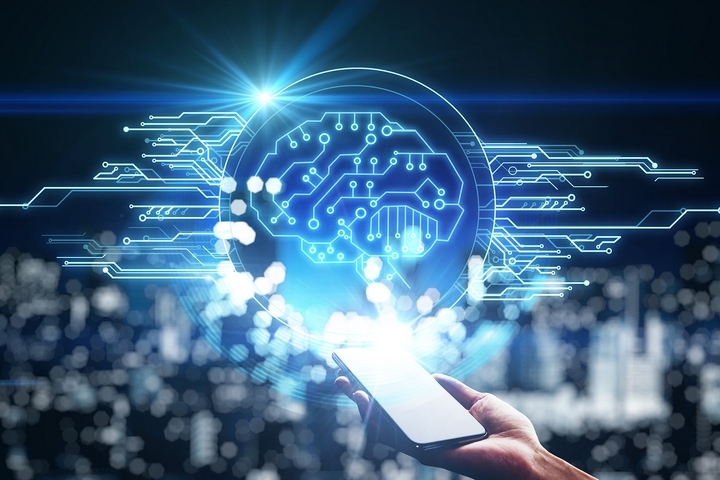
Analyzing customer data is one of the main roles of AI in marketing. Many industries are using Artificial Intelligence to gather and analyze data, and those skills are extremely useful for marketing operations. Marketing is all about getting in touch with customers, and presenting them with offers that are valuable to them.
AI helps marketers figure out who their customers are: their age, their income, their tastes and habits, and more, and it gathers insights from this data.
It can then be used to have a better understanding of what customers find valuable, so it’s easier for a business to offer them something they need and want.
Role #2: AI can help predict the behaviour of customers
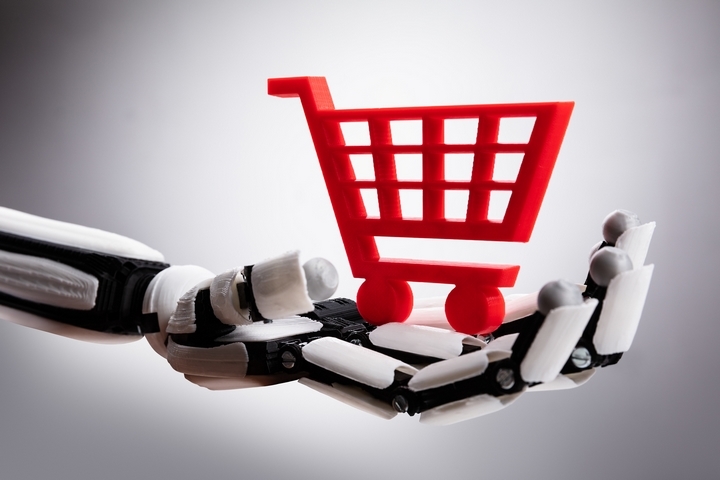
For any company offering a product or a service, trying to acquire new customers is usually a lot more expensive than retaining the customers they already have.
Fortunately, AI can help marketers predict the behaviour of customers, which makes presenting them with offers that will keep them interested a lot easier. When you have a good idea of what your customers might do next, it’s easier to act.
In the case of a newsletter sent by a company, for example, AI will analyze the actions of past customers to help minimize the churn rate of current customers.
Role #3: Automated content can be personalized to reach more customers
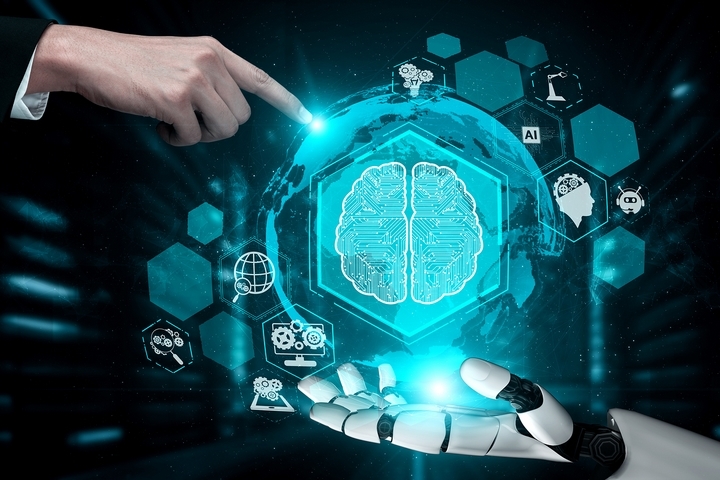
Digital marketing is now more important than ever. Brands want to be able to stay in touch with their audience, but they still want the online content they create to be personalized, so each of their customer is made to feel special.
AI can help create personalized content that will make customers feel engaged, and incite them to click on a link or to make a purchase.
Plus, AI makes sending automated content possible, which means that each digital marketing campaign will reach the inbox of each suscriber exactly at the right moment.
Role #4: Personalized recommendations will lead to more sales

AI can learn what customers like and don’t like, and it can use this knowledge to make them personalized recommendations. This means that a marketer can be able to know whether each customer on their list would prefer a 25% discount or a different type of offer, for example.
Of course, algorithms can also determine what a customer might want to buy next, and show them relevant product recommendations. This improves the customer’s shopping experience, and it generates more sales for the company using AI to personalize their offers.
Role #5: Chatbots make communication easier
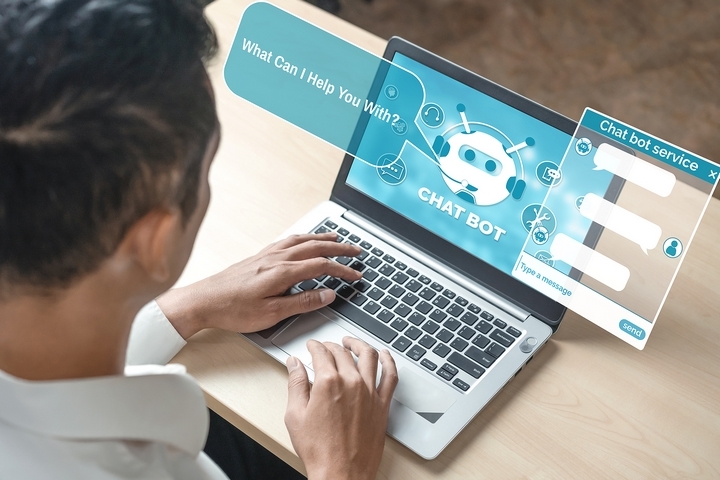
Creating a positive customer experience is an important part of a successful marketing system, and an AI chatbot can help with this function.
Chatbots can provide customer service for those who have an issue with a product, or would simply like a quick answer to a question. But they can also interact with customers, and introduce them to interesting offers whenever they are most receptive.
Thanks to chatbots, brands are always available to chat with their customers, even in the middle of the night or during weekends, when no human team member is available to provide this type of instant interaction.
Role #6: AI helps improve marketing campaigns
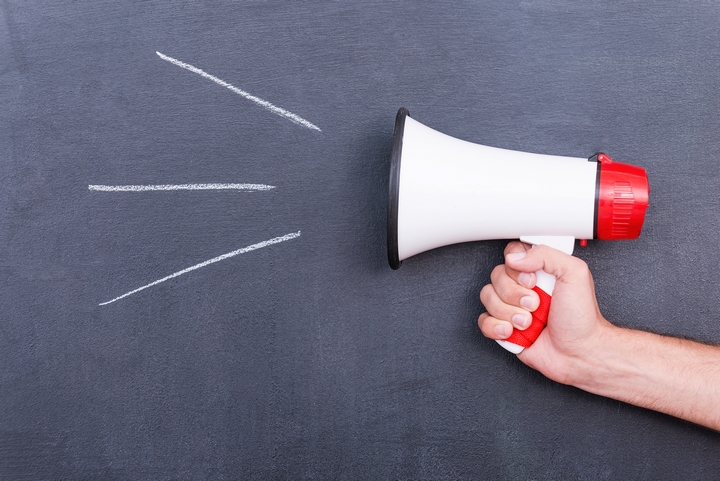
Good marketers are able to learn from their successes as well as from their failures. With the help of AI, it becomes easier to determine which of their actions have worked well, and which ones did not produce a satisfying outcome.
With this data, marketers can adjust their next marketing campaigns so they can reach out to more leads, send them the right call to action, and achieve better results.
Without the power of AI, improving marketing campaigns by figuring out what has worked and what has not worked would be nearly impossible.
Role #7: AI can predict the next marketing trends

Finally, AI can be used not only to predict the next actions of customers, but also to predict the next marketing trends.
Marketing is constantly evolving, and we can be sure that in the future, the habits and expectations of consumers will be different from the ones they have today.
AI can help marketers figure out what will be the new trends in communication, in lifestyles, and in shopping habits, and this knowledge allows them to adjust their marketing efforts so they can stay in the game.
And since AI keeps evolving as well, there is no doubt that marketing operations will only become more relevant and effective in the future.